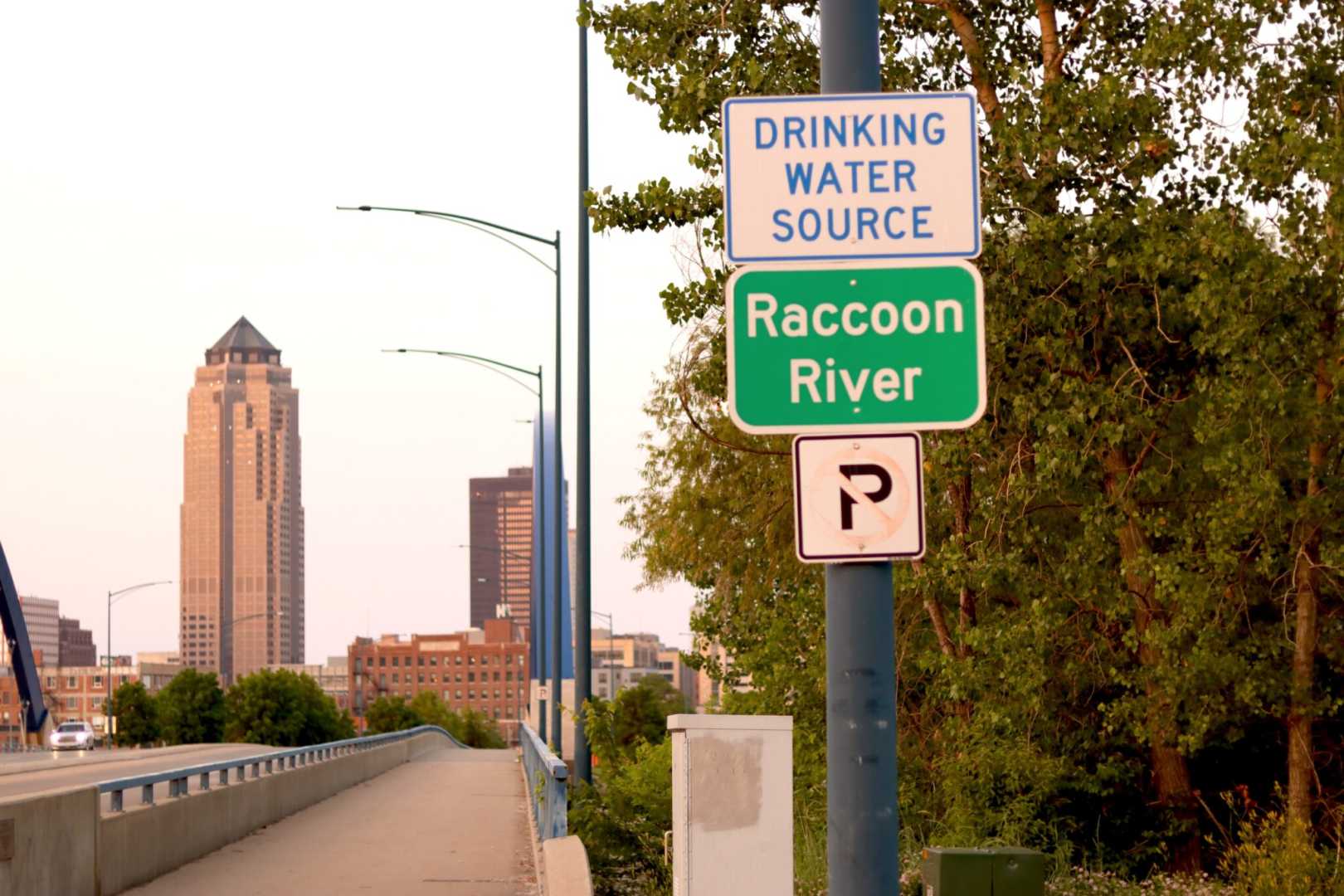News
Des Moines Water Works CEO Addresses Rising Nitrate Levels from Farm Fertilizers

DES MOINES, Iowa — During a recent news conference, Des Moines Water Works CEO Ted Corrigan highlighted the ongoing nitrate challenge affecting Iowa’s water supply. Corrigan stated that more than 90% of the nitrates present in the source waters come from fertilizers used on row crop fields.
“Right now, we are facing a very significant nitrate challenge,” Corrigan said. “Nitrate that has been applied as fertilizer on farm fields makes its way through the soil and into our surface waters, like the Des Moines and Raccoon rivers.” The Environmental Protection Agency (EPA) sets a maximum safe nitrate level in drinking water at 10 mg/L.
Recent data revealed that nitrate levels in the Raccoon River have decreased, while levels slightly increased in the Des Moines River. Still, officials emphasized that the lawn watering ban will remain in effect as they continue to combat high nitrate levels.
Local farmer Ryan Marquardt, a member of the Iowa Farmers Union, acknowledged the problem while urging for collaboration. “It would be beneficial to work together instead of playing the blame game,” Marquardt said. “This issue affects farms and the water supply, so we all have a stake in finding a solution.” He supports various methods to improve water quality, including enhanced wetland practices and increased cover crops.
Christina Murphy, General Manager of West Des Moines Water Works, confirmed that data centers account for 2-7% of the city’s daily water use. Murphy noted that Microsoft’s five data centers in the region have been compliant with the outdoor watering ban, and emphasized their investment in local water infrastructure.
Health experts warn that excessive nitrates can pose risks, particularly for pregnant women and infants under six months. “Excessive exposure to nitrates can lead to serious health issues,比如 poor birth outcomes or reduced oxygen in the bloodstream for infants,” said Juliann Van Liew from the Polk County Health Department.
As the community navigates this issue, officials continue to monitor water quality closely. Corrigan noted that nitrate levels in the Des Moines River were reported at 15.6 mg/L and 15.3 mg/L in the Raccoon River, indicating a persistent problem. The ban on lawn watering, which has resulted in a 30% decrease in overall water usage, could extend into the weeks ahead based on weather conditions.












